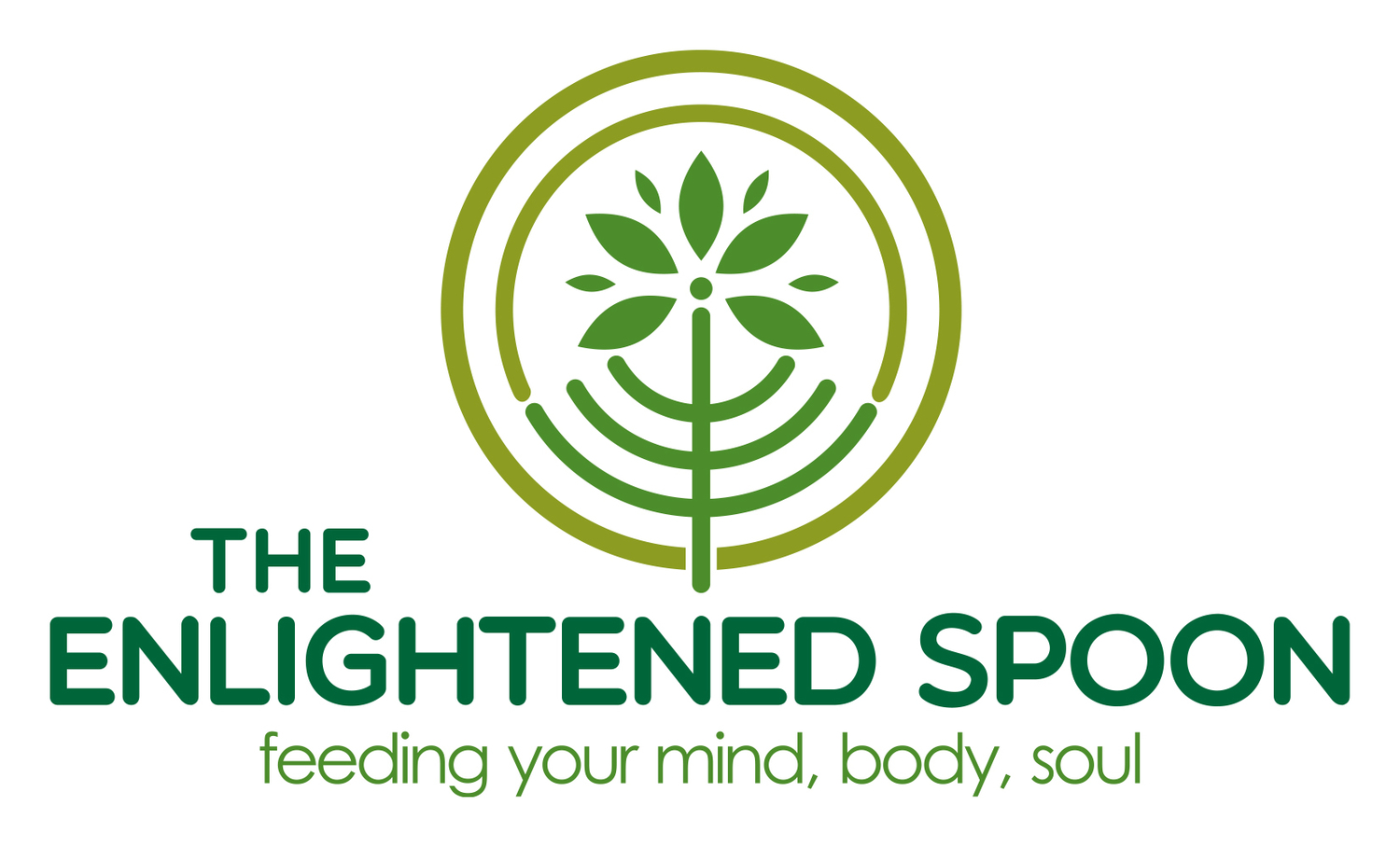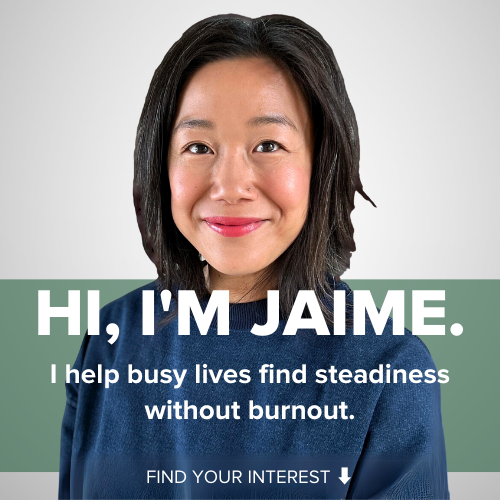Is Your Coffee Habit Doing More Harm than Good in Stressful Times?
/Let me start by saying: Coffee is NOT evil. It’s got loads of polyphenols that have health-promoting properties - such as antioxidant, anti-inflammatory, anti-cancer, anti-diabetes, and antihypertensive properties.
BUT.
If you’re highly stressed, exhausted all the time but wired and can’t fall asleep - you need to understand why excessive coffee (caffeine, really) is actually keeping you in this high alert - high stress mode, and what you can do instead.
This video explains some of the science.
Is Coffee “Good” or “Bad” For Stress?
In a nutshell:
Your body is meant to deal with stress in short bursts. “Argh! It’s a lion, RUN!” All of the adrenaline, cortisol and related stress hormones flood your body in this ‘fight or flight’ mode to help you escape predators, back in the day.
Fast-forward 10,000 years or so later, we’re still hardwired to deal with stress the same way. Except the body can’t differentiate between a lion or the never-ending to do lists, emails and social media notifications. Instead of dealing with short bursts of stress, today’s chronic stress means your body is always in this “high alert” state without any rest time in between.
Over a long period of time, the body can’t continue to keep pumping cortisol and adrenaline out at the same high levels, and as that supply of stress hormones decreases, so does your energy (which was being artificially stimulated by the stress hormones in the first place).
So as you start to feel more and more tired, you start to reach for more and more stimulants to keep you going: more coffee/ caffeine… and also more sugar and carbs. (“Hello gummy bears, chocolate, pastries/ cookies/ cakes”).
Unfortunately these “empty calories” simply prop you up for another couple of hours, before your energy starts to wane and crash again, so you reach for more coffee or sugar or carbs - keeping you in this up-down cycle of energy peaks and crashes throughout the day.
Your Daily Energy Cycles
Think about your regular day:
You wake up exhausted, so reach for coffee to give you that morning boost to clear that foggy head.
You go for a few hours, then start to feel like your brain’s getting foggy again, so you reach for more coffee.
By 3pm or 4pm in the afternoon, you have that mid-afternoon slump and that’s when the sugar or carb cravings really kick in and it’s “pass me the doughnut” time.
By the time you get to bed, you might have had 3 - 5 cups of coffee (maybe more) that day already, and even though you’re soooo exhausted, you can’t seem to shut your thinking mind off and fall asleep properly.
You feel like you’re in light sleep throughout the night, so by the time you wake up, you’re utterly exhausted and the cycle starts again.
Sound familiar?
Chronic Stress
The bad news is that if you continue in this cycle, it’s going to continue wearing your stress hormones out, coming to the point where you no longer produce any or enough cortisol, and that’s when even bigger issues like chronic fatigue syndrome sets in - when you’re too tired to even get out of bed let alone get through a regular day, and recovery can take months till your body resets itself again.
And no, even coffee can’t help to prop you up and keep you going by this point.
It’s Not About Giving Up Coffee Forever
The good news is: it’s not about giving up coffee forever. Maybe as a test you might want to try other alternatives for a few weeks or months to see how you feel (and there are loads of other good alternatives, eg. chicory, green tea, rooibos, licorice tea, etc).
Perhaps you could also try reducing where you’re at by 1 or 2 cups a day until you get to a maximum of 1 cup of coffee a day, with none after lunchtime.
When implemented correctly, most people are able to manage a highly-stressed life with a lot less coffee yet feel more energised than ever.
Yes, you guessed it. It’s not JUST about the coffee. When it comes to managing a highly stressed life, you need to look holistically at all these other areas of your life too:
Healthy nutrition. What makes “a good diet” for a highly stressed life? Not just what you eat, but when and how you eat too.
Restful sleep. Not just getting the 6 - 8 hours of sleep a night, but to ensure it’s good quality sleep so your body moves into deep sleep every night - that restorative, repairing part of sleep that’s so important for the brain and body to clear out all the toxic junk from the day.
Regular movement. Getting enough movement throughout the day - not just that hour you spend in the gym, and also the right kind of movement that isn’t going to stress your adrenal load even further.
Stress management. All the other ways to manage stress from your morning and evening routines, self-care rituals, hydration, toxic load from beauty products or the environment.
Need More Help?
If you’ve been struggling with “I HAVE NO TIME TO STAY HEALTHY!” and looking for some guidance on how to create your own personal rituals around the right nutrition and fitness activities that work for you through your crazy, busy life - maybe I can help.
Get organised, create and stick to your personal routines, so you can go on to do the things that matter in your life while looking and feeling amazing! (yes, it’s possible!)
Read who I help, what my 12-week program to help you stress less yet achieve more includes, and book a free 45-minute Breakthrough Session - let’s chat if I may be able to help you get rested and get your energy levels back to high vibes.









